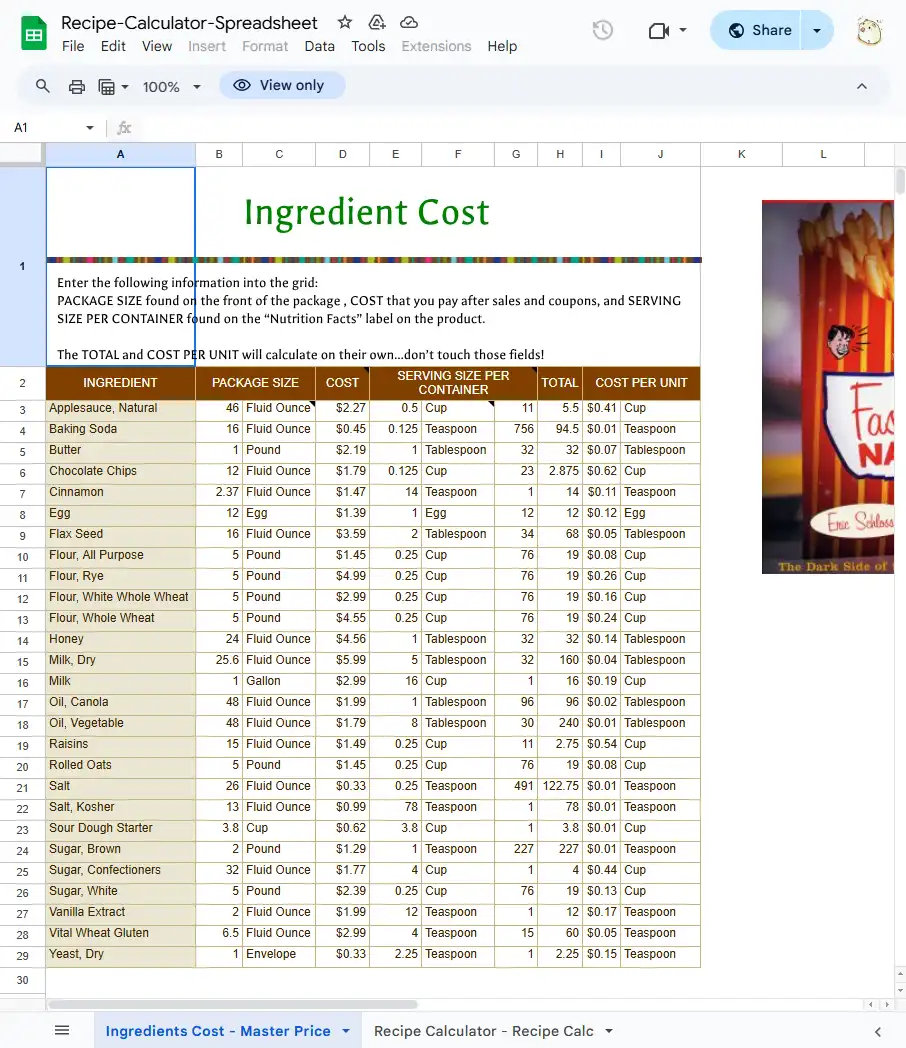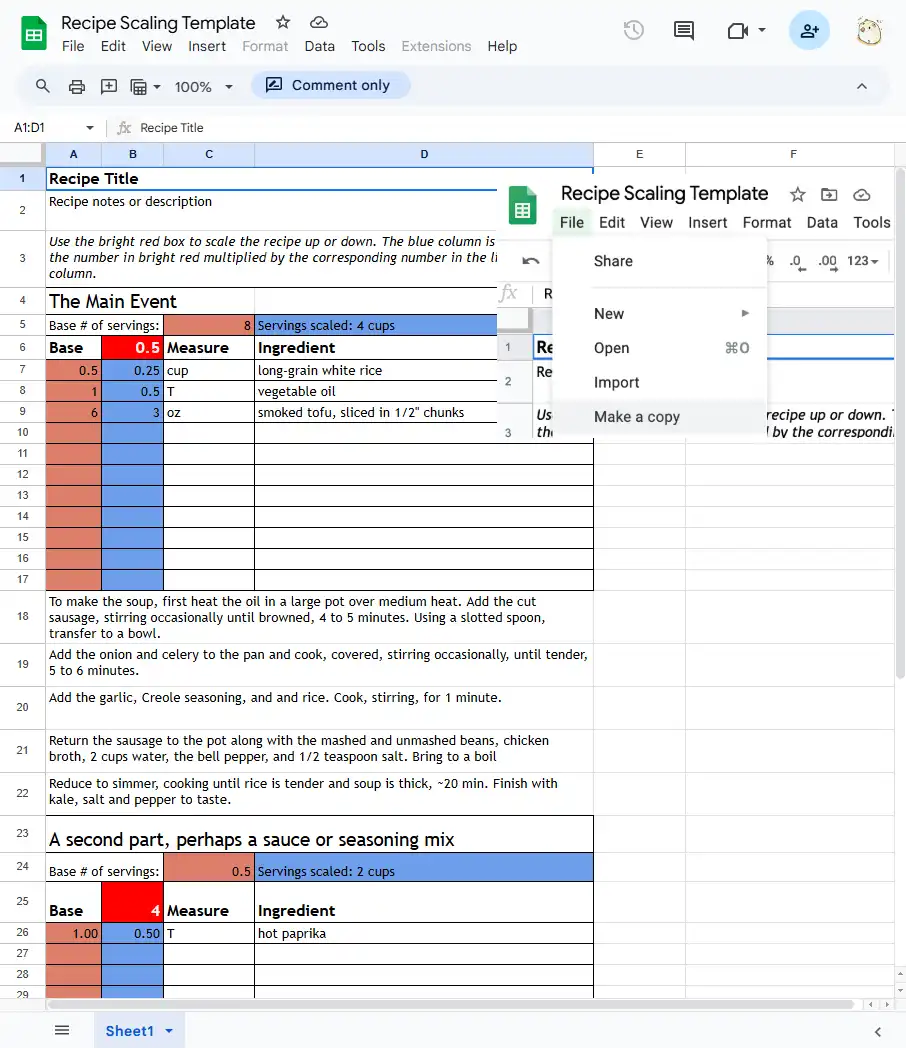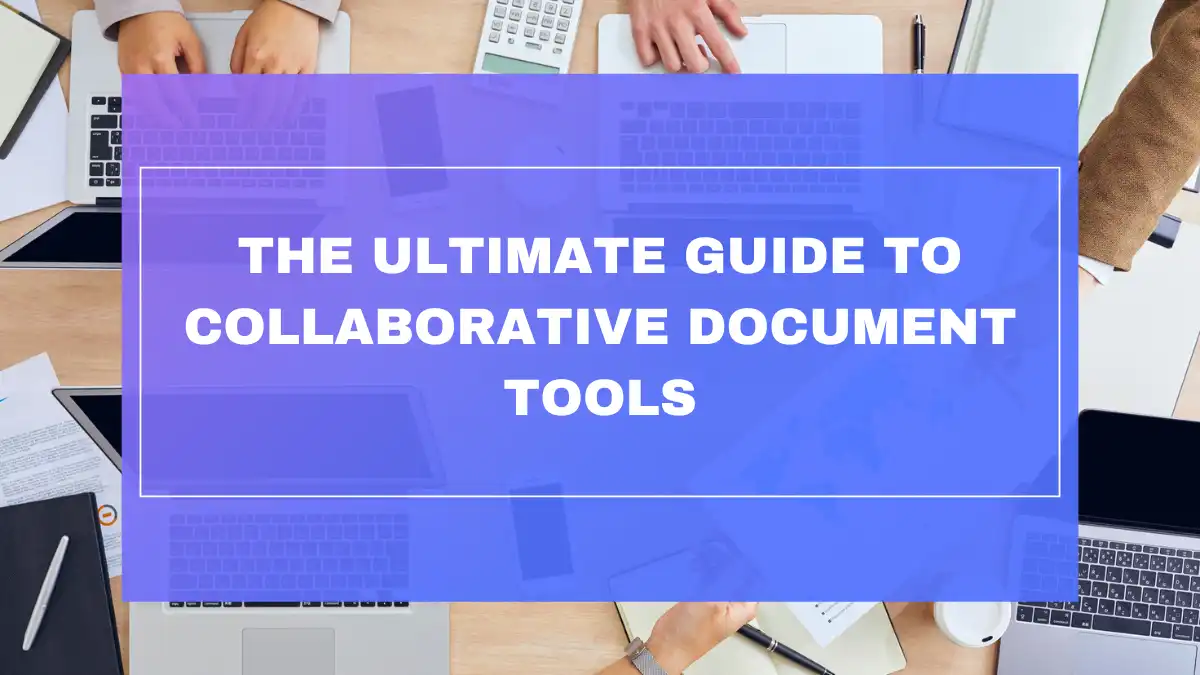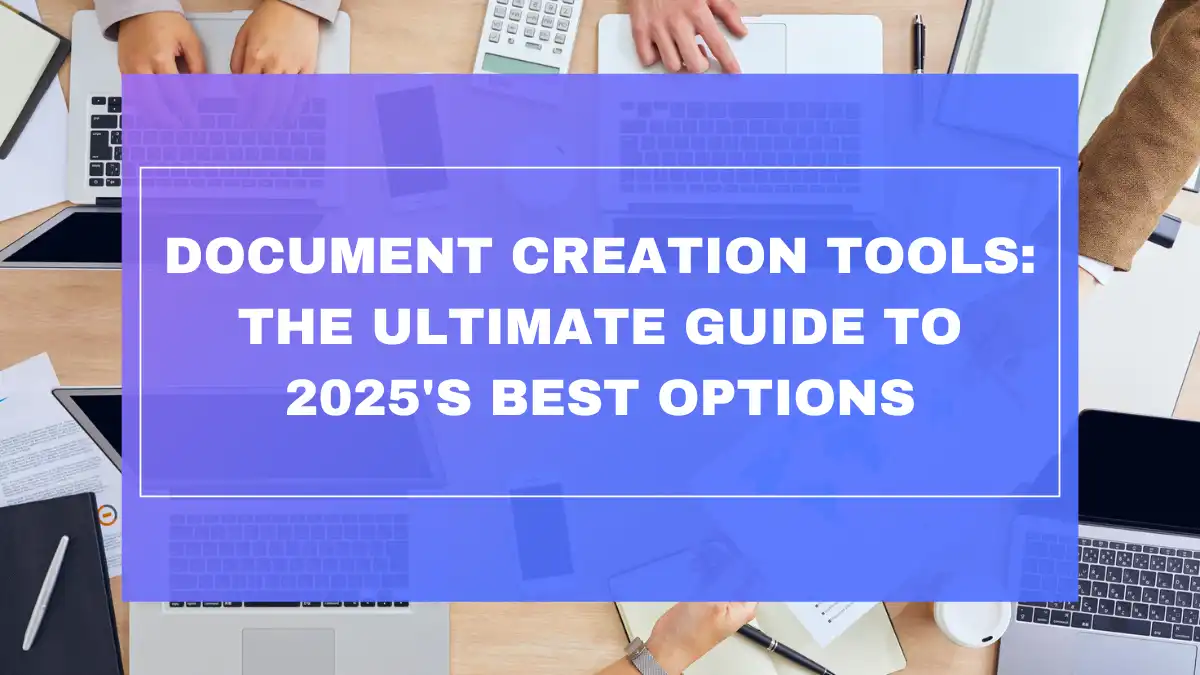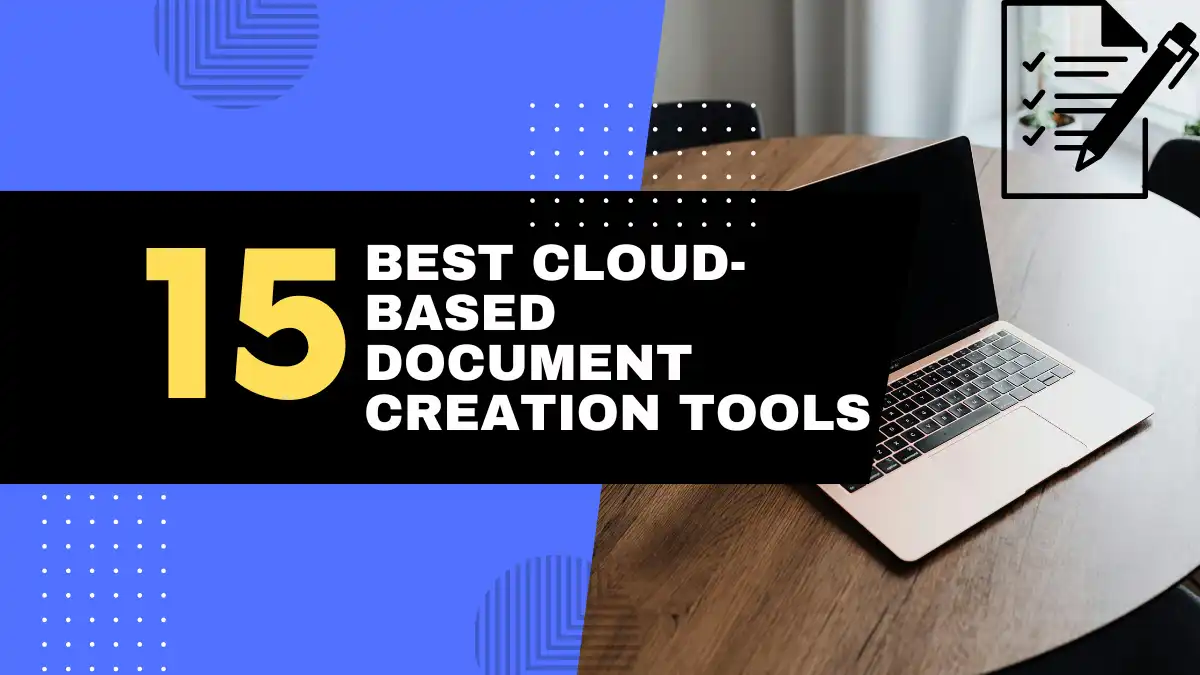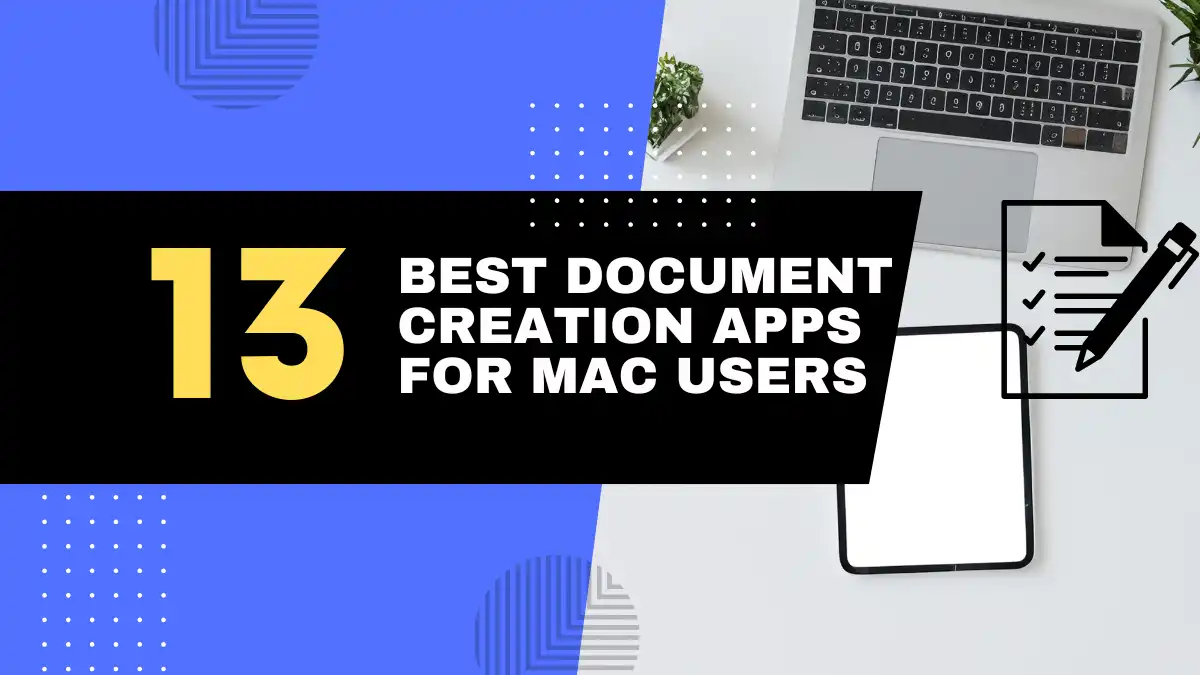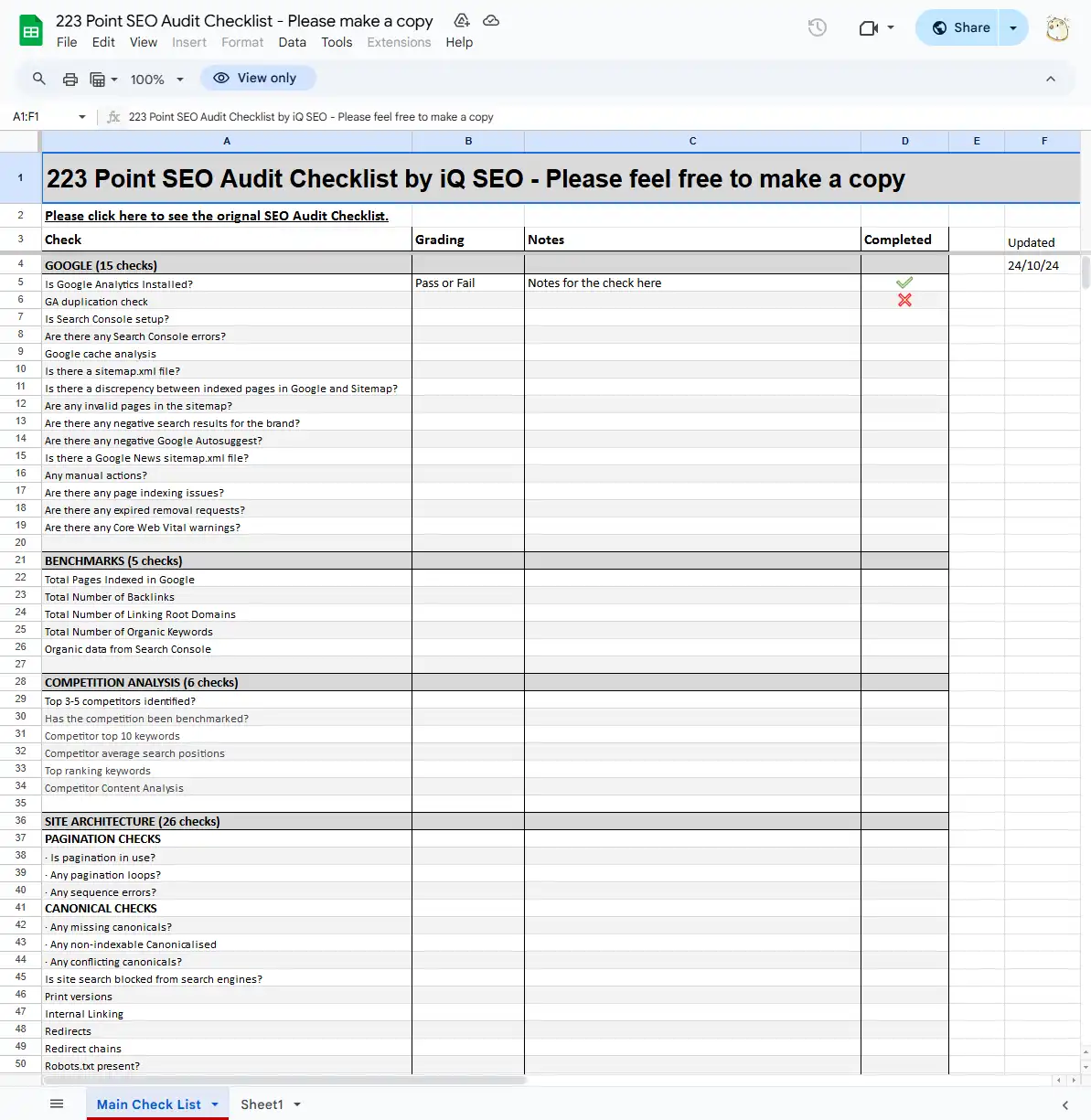
The document titled “223 Point SEO Audit Checklist” is a comprehensive Google Spreadsheet developed by iQ SEO to assist in conducting thorough SEO audits.
Document Overview:
This checklist is organized into several key sections:
- Google (15 checks): Evaluates the integration and performance of Google Analytics, Search Console, and other Google services.
- Benchmarks (5 checks): Assesses total pages indexed, backlinks, linking root domains, organic keywords, and organic data from Search Console.
- Competition Analysis (6 checks): Identifies top competitors, benchmarks their performance, analyzes their top keywords, average search positions, and content strategies.
- Site Architecture (26 checks): Examines pagination, canonical tags, internal linking, redirects, robots.txt configuration, site structure, and navigation.
- Technical SEO (28 checks): Reviews subdomains, favicons, site uptime, broken links, JavaScript usage, .htaccess file configuration, dynamic pages, malware and security checks, site speed, structured data, CSS optimization, and server configurations.
- Structured Data (4 checks): Checks the implementation and validation of structured data and schema markup.
Intended Audience:
This document is intended for SEO professionals, digital marketers, and website administrators seeking a comprehensive framework for conducting SEO audits.
Use Cases:
- SEO Audits: Provides a structured approach to evaluate and improve website SEO performance.
- Website Optimization: Assists in identifying and rectifying technical SEO issues to enhance site visibility and user experience.
- Competitor Analysis: Facilitates benchmarking against competitors to identify opportunities for improvement.
Document Evaluation:
The spreadsheet offers a detailed and organized checklist covering various aspects of SEO auditing. However, it could be enhanced by providing more detailed descriptions and direct links for each entry to facilitate easier access and engagement. Additionally, including information on the size, stage, and focus areas of startups and investors would offer a more nuanced understanding of the ecosystem.
Documents URL:
https://docs.google.com/spreadsheets/d/1XbUesSJsMQrg3Jwg2IoFvWAnzVuJJtSOZlqWlmbcJPo/edit
Copyright Notice:
This article is collected from internet information by Mika and manually written and organized. Unauthorized reproduction is prohibited.

